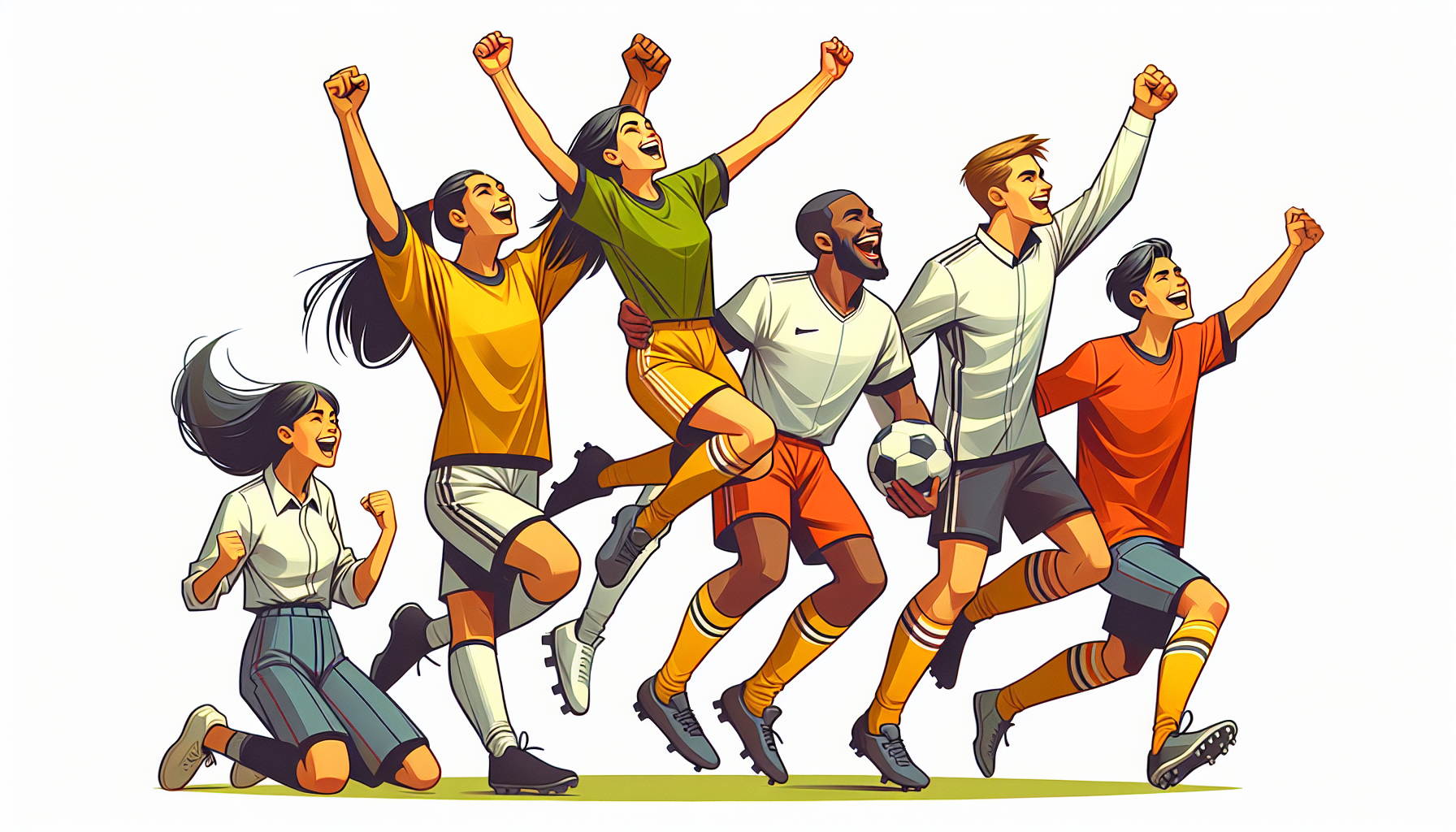The Rise of Underdogs in the NBA Playoffs

The NBA playoffs have a rich history of underdog teams achieving the seemingly impossible. One of the most storied examples is the 1999 New York Knicks, who entered the playoffs as the eighth seed. Under the leadership of the determined Latrell Sprewell and the experienced Charles Oakley, the Knicks shocked the basketball world by advancing to the NBA Finals. Their unexpected run captivated fans and exemplified the unpredictable nature of the playoffs, proving that anything can happen when the stakes are high. Another watershed moment in NBA history occurred during the 2007 playoffs when the Golden State Warriors, also an eighth seed, faced off against the top-seeded Dallas Mavericks, who boasted an impressive 67-win season. Led by the dynamic duo of Baron Davis and Stephen Jackson, the Warriors pulled off one of the most significant upsets in NBA history by defeating the Mavericks 4-2 in the first round. This victory marked the first time an eighth seed triumphed over a first seed in a best-of-seven series, igniting the spark that would eventually lead to the Warriors’ dynasty in the years to come.
Key Factors Behind Underdog Success
Underdog teams often exhibit a unique chemistry that propels them through the playoffs. A prime example of this is the 2006 Miami Heat. Although not a traditional underdog, they faced significant adversity in the Finals against the Dallas Mavericks. After falling behind 2-0 in the series, the Heat, led by an inspired Dwyane Wade, rallied together. Their resilience and teamwork allowed them to win four consecutive games and claim the championship. Wade's stellar performances and the team’s unwavering belief in one another showcased how chemistry can be a game-changer in high-pressure situations.
Unlikely Heroes
In the realm of underdogs, unexpected stars often emerge, rising to the occasion when it matters most. The 2011 Dallas Mavericks, while not a low seed, were frequently overshadowed by more hyped teams. Dirk Nowitzki, often criticized throughout his career, became a clutch performer during the playoffs, leading his team to victory against the Miami Heat in the Finals. His ability to deliver in crucial moments exemplifies how individual brilliance can elevate an entire team’s performance, turning the tide in high-stakes games.
Fan Support and Engagement
The influence of a passionate fan base is paramount in the playoffs. The 2018 Cleveland Cavaliers, driven by the incomparable LeBron James, demonstrated how home-court advantage can provide a crucial boost for struggling teams. The fervent support from Cavaliers fans created an electric atmosphere that energized the players, empowering them to persevere through challenging playoff series and ultimately reach the NBA Finals. This symbiotic relationship between players and fans can be a potent force in the playoffs, often tipping the scales in favor of the underdog.
The rise of underdogs in the NBA playoffs is a compelling testament to the unpredictable and exhilarating nature of sports. These remarkable journeys remind us that success is not solely determined by seeding or pre-playoff expectations; it often hinges on resilience, teamwork, and the willingness to embrace challenges. As fans, we cherish these stories not only for their entertainment value but also for the inspiration they provide, illustrating that with determination and heart, anything is possible. Each playoff season presents the opportunity for the next underdog narrative to unfold on the grand stage of the NBA playoffs, and we can only hope to witness the magic that arises from those brave enough to defy the odds.
Sports Data Analyst
NBA teams, sports analytics firms, and sports media companies
Core Responsibilities
Analyze player and team performance data to identify trends and insights that can inform coaching strategies.
Develop predictive models to assess player potential and game outcomes using statistical techniques.
Collaborate with coaching staff to provide actionable recommendations based on data analysis.
Required Skills
Proficiency in statistical software (e.g., R, Python, SQL) and data visualization tools (e.g., Tableau).
Strong understanding of basketball metrics and key performance indicators.
Experience in presenting complex data in a clear and concise manner to non-technical stakeholders.
Sports Marketing Manager
Professional sports teams, sports marketing agencies, and athletic apparel brands
Core Responsibilities
Develop and execute marketing campaigns that engage fans and promote the team's brand.
Analyze market trends to identify opportunities for increasing fan engagement and ticket sales.
Coordinate promotional events and community outreach programs that enhance the team's visibility and support.
Required Skills
Expertise in digital marketing strategies and social media management.
Strong communication and interpersonal skills for building relationships with sponsors and fans.
Experience in budget management and performance analysis of marketing initiatives.
Sports Psychologist
Sports teams, athletic departments in universities, and private practice
Core Responsibilities
Work with athletes to enhance their mental resilience and performance under pressure.
Conduct individual and team sessions to address psychological barriers and improve teamwork.
Design mental training programs that focus on goal-setting, visualization, and stress management techniques.
Required Skills
Advanced degree in psychology, with specialization in sports psychology.
Strong understanding of the unique mental challenges faced by athletes in high-stakes environments.
Excellent listening and counseling skills to foster trust and rapport with athletes.
Event Coordinator for Sporting Events
Sports franchises, event management companies, and community recreational organizations
Core Responsibilities
Plan and execute logistics for sporting events, including scheduling, venue selection, and resource allocation.
Coordinate with vendors, sponsors, and teams to ensure smooth operations during events.
Manage budgets and oversee marketing efforts to promote attendance and engagement.
Required Skills
Strong organizational and multitasking abilities, with attention to detail.
Excellent communication skills for liaising with multiple stakeholders.
Experience with event management software and tools.
Athletic Trainer
Professional and collegiate sports teams, high schools, and fitness centers
Core Responsibilities
Provide injury prevention, assessment, and rehabilitation services to athletes.
Develop and implement conditioning programs tailored to individual athletes’ needs.
Collaborate with coaches and medical staff to ensure athletes are fit for competition.
Required Skills
Certification from a recognized athletic training program and knowledge of sports injuries.
Strong interpersonal skills to work effectively with athletes and coaching staff.
Ability to respond quickly and effectively to injuries during training and competitions.


